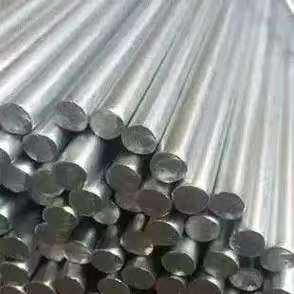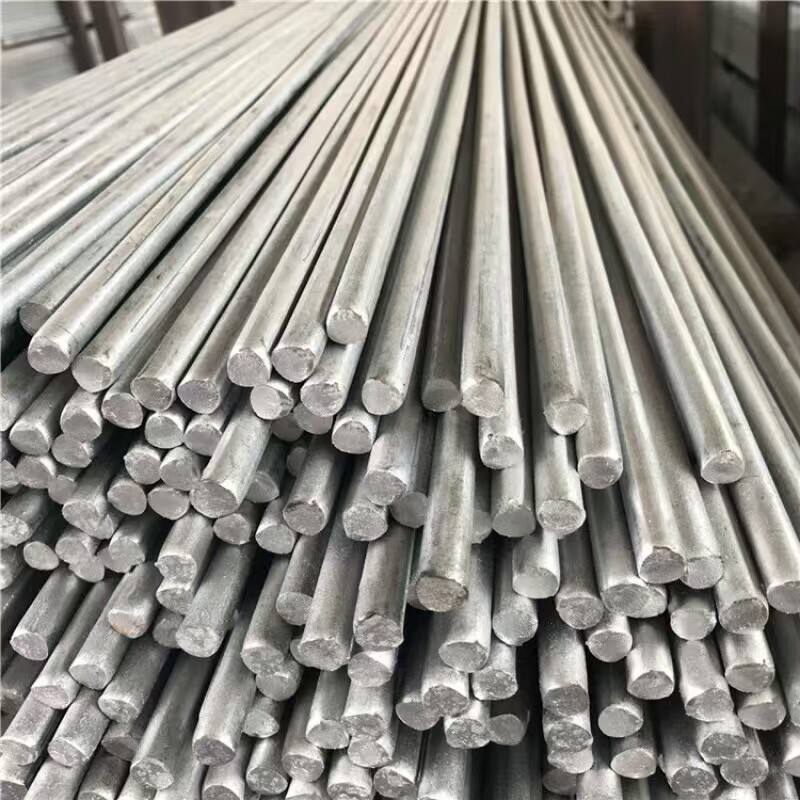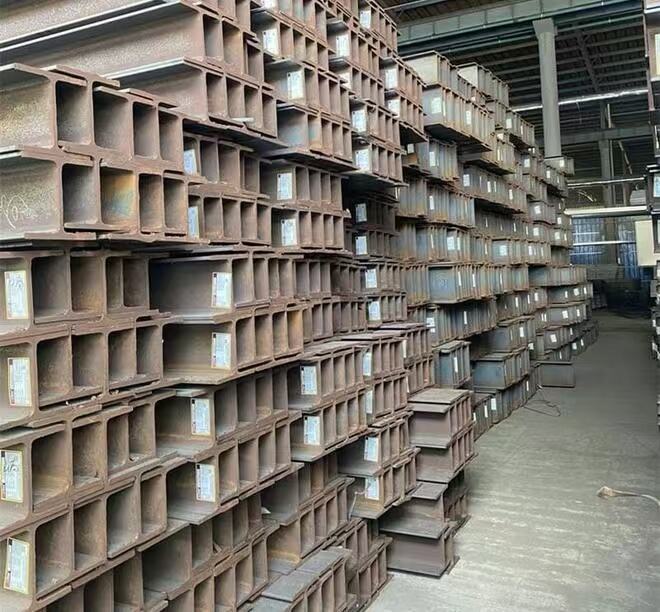alloy steel price per pound
Alloy steel price per pound represents a crucial metric in the manufacturing and construction industries, reflecting the material's value proposition in various applications. The current market sees prices ranging from $0.50 to $5.00 per pound, depending on the specific alloy composition and grade. These specialized steel variants incorporate various elements like chromium, nickel, molybdenum, or vanadium to enhance specific properties. The pricing structure reflects the material's superior strength, durability, and resistance to corrosion compared to standard carbon steel. Modern manufacturing processes have optimized production efficiency, allowing for competitive pricing while maintaining high-quality standards. The market dynamics of alloy steel pricing are influenced by raw material costs, energy prices, and global demand patterns. Industries such as automotive, aerospace, and heavy machinery rely heavily on alloy steel, making its pricing a critical factor in production planning and cost management. The price per pound varies significantly based on factors including the complexity of the alloy composition, processing requirements, and quantity ordered.




